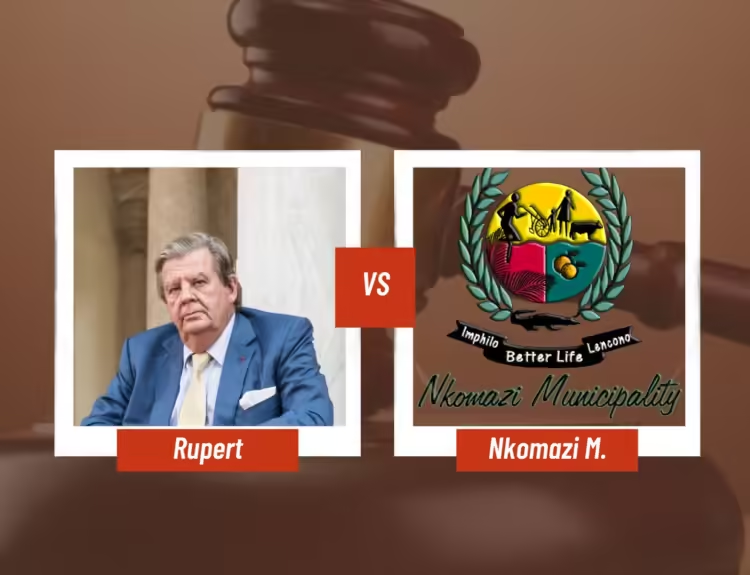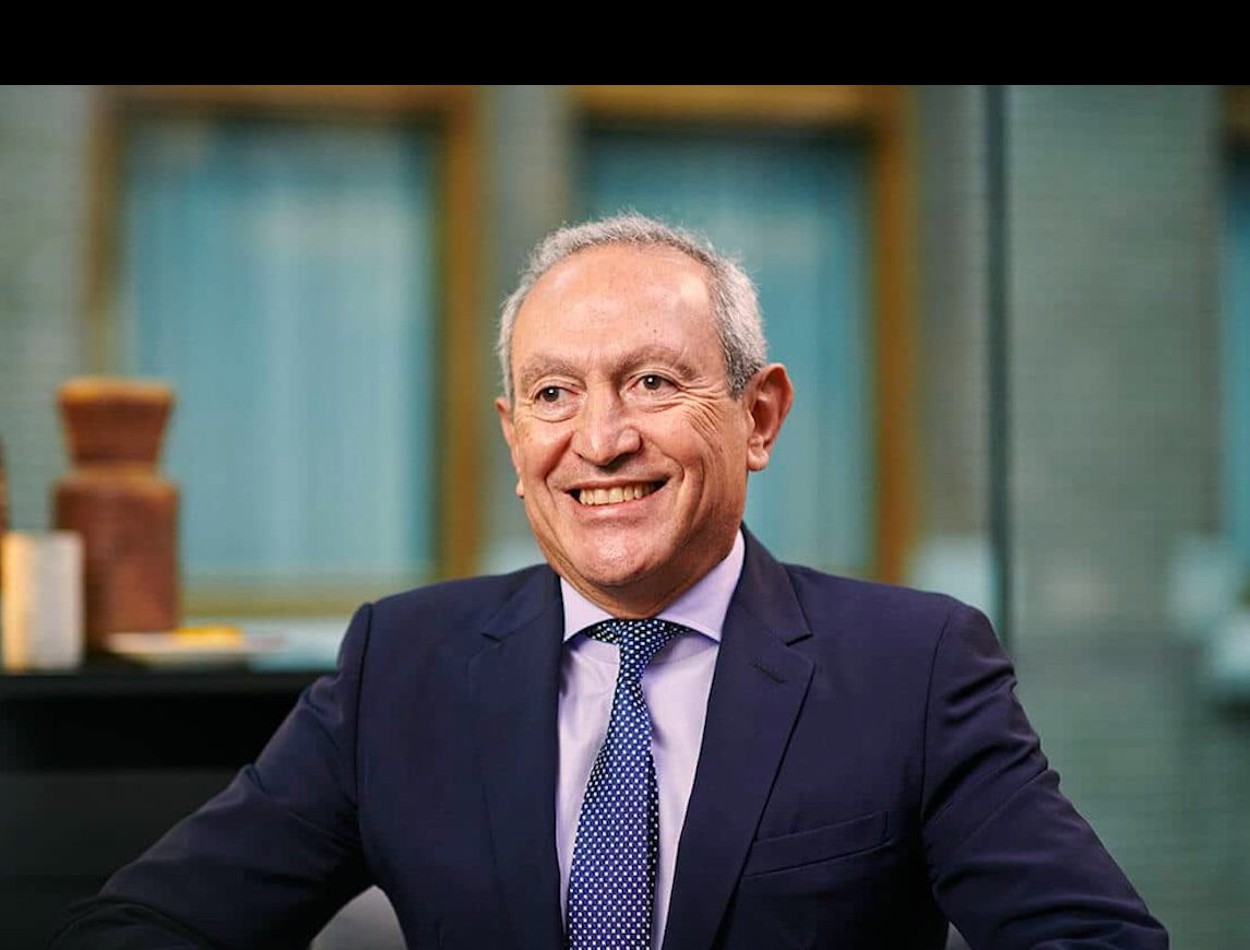The International Centre for Settlement of Investment Disputes (ICSID) has dismissed the majority of claims brought by Corral Morocco Holding against the Moroccan state concerning the SAMIR oil refinery.
Corral Morocco Holdings belonging to Ethiopian billionaire Mohammed Al Amoudi, had claimed $2.7 billion in compensation following the liquidation of SAMIR, Morocco’s sole oil refinery in 2015.
However, the ICSID only awarded Corral a mere $150 million in compensation, a fraction, about 5% of the $2.7 billion the company sought according to a statement from Morocco’s Ministry of Economy and Finance.
What happened to SAMIR oil?
The Société Anonyme Marocaine de l’Industrie du Raffinage (SAMIR) was founded in 1958. Abderrahim Bouabid, then Minister of Economy and Agriculture, spearheaded the project.
For years the refinery enhanced Morocco’s energy independence and went a long way in growing the country economically. SAMIR Oil became a critical economic asset to Morocco.
However, things started going south when the company was privatised in 1996 and subsequently acquired by tycoon Al Amoudi through his company, Corral Holdings.
At first, substantial investments were made to upgrade the refinery’s infrastructure and increase its production capacity indicating a bright future for the company.
In the 2010s however, financial mismanagement and accumulating debt started to erode the refinery’s stability.
By 2015, SAMIR had amassed debts amounting to around MAD 40 billion ($4 billion). 40% of this was owed to the Moroccan state through the Customs Administration and the rest to Moroccan and international banks.
The authorities had no choice but to halt the refinery’s operations since it could not meet its financial obligations. A judicial liquidation ruling was issued in March 2016.
Al Amoudi vs the Moroccan state
What ensued was a fierce legal and financial battle between Al Amoudi and the Moroccan state.
The mogul demanded $2.7 billion in damages, claiming that the government’s actions had unfairly impacted his investments.
However, the courts dealt a big blow to the billionaire after dismissing most of his claims and awarding him a meagre $150 million, 5% of his initial claim.
The Moroccan government on the other hand was pleased with the ruling. Throughout the ICSID proceedings, it insisted that it had taken several measures to revitalise SAMIR contrary to Al Amoudi’s claims.
Moroccan Economy and Finance Minister Nadia Fettah stressed that the government had consistently met its contractual obligations, arguing that the refinery’s downfall was primarily due to Al Amoudi’s Corral Morocco Holdings’ failure to manage the business effectively.
“We believe that Morocco has always maintained a fair position vis-à-vis the Corral group,” she stated.
“Morocco remains committed to upholding its responsibilities and rights towards international partners and organizations, in full compliance with international and bilateral agreements,” she added.
Fettah further said that Morocco prides itself on “a secure environment for investors and a business climate that offers undeniable economic opportunities at the crossroads of high-potential markets.”
She stressed that the government “will spare no effort to ensure the development of the energy and petrochemical sector in Morocco while consolidating its leadership in renewable and future energies such as hydrogen.”
What next for SAMIR oil?
Efforts to find a buyer for SAMIR have been unsuccessful. The National Front for the Salvation of the Moroccan Petroleum Refinery, a coalition of employees, economists, and union leaders, continues to push for the refinery’s revival, arguing that restarting SAMIR would reduce fuel prices, bolster national reserves, and create thousands of jobs, a sentiment echoed by several Moroccans.
In response, some government officials told Morocco’s national news agency MAP, that several viable options to revamp the defunct refinery were being explored.
It remains to be seen whether the Moroccan state will revitalize the refinery or abandon it altogether.






